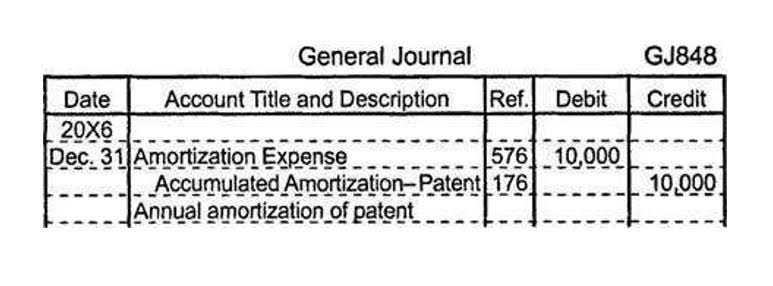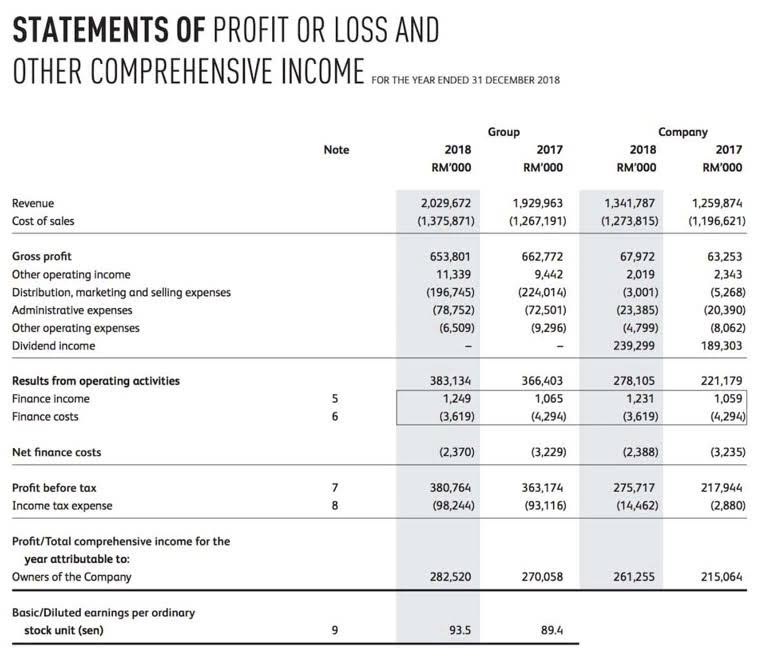Invoice Factoring vs Invoice Financing

If you’re considering invoice finance, InvoiceInterchange offers flexible and fast solutions tailored to your needs. A funding solution tailored for businesses with ongoing or long-term contracts, such as subscriptions, service providers, construction companies, or contractors. Keep reading to learn about the differences between invoice factoring and invoice financing to see which one makes the most sense for your business. The terms “invoice financing” and “invoice factoring” are often used synonymously, though they’re not the same thing. In these instances, many small business owners will hop on the chance to secure a loan. But not everyone looks forward to the process and time it takes to get approved for a traditional business loan—and that’s assuming you can get approved in the first place.

You’re our first priority.Every time.

There are many different financing options to consider, and some of the common types of invoice financing include invoice factoring, invoice discounting, export factoring, and spot factoring. It’s also an excellent option for rapidly growing businesses and seasonal companies because they can use the money for growth and expansion. Businesses with slow paying customers also benefit from invoice financing – usually net-60 or longer. The application and approval process for invoice financing is faster compared to other loan options. Generally, you can claim the cash at least 24 hours after the approval. After submitting your invoices, the lender will evaluate your business’s eligibility.
Step 2: Submitting the Invoice to the Finance Provider
You find a financing company that’s willing to advance you 85% of that amount—$85,000—and hold the remaining $15,000 in reserve. There may be a personal credit check, and business credit may be checked as well. The company may check the business credit of the client that owes the invoice, and permission to do that is not required as anyone can check business credit. With more cash, you can cover their day-to-day expenses, purchase new inventory and materials, bridge cash flow gaps, resolve tight cash flow from seasonality, and grow your business. The flexibility of invoice loans allows you to use the fixed assets money they obtained for various purposes. There are no restrictions on where the money can go, giving you the benefit of using the additional influx of capital however you see fit.

Benefits of Invoice Financing for Small Business

Some companies also apply a fee per week that the invoice remains unpaid, such as 1 percent. Given the advantages of invoice financing, including improved cash flow, flexibility, and accessibility, it’s likely to remain a popular financing option for businesses in the future. As technology continues to advance and streamline financial processes, invoice financing may become even more accessible and efficient, further driving its adoption among businesses.
- Invoice factoring companies provide a valuable service to businesses by offering immediate access to cash flow without taking on additional debt.
- However, offering credit to clients ties up funds that a business might otherwise use to invest or grow its operations.
- The loan terms and rates presented are from the listed providers and not by SoFi Lending Corp.
- Whether you’re looking for a short- or long-term financing solution, finding the best type of loan for your business can take time and consideration.
- With traditional invoice financing, you pay back the advance of capital you borrowed, plus fees.
- Compared to other types of business loans, banks are less likely to provide invoice financing.
- The factoring company advances cash to your business and typically collects payments directly from customers.
- One of the best perks of invoice financing is that it requires minimal documentation, and you can receive the money within 24 hours after approval.
- The world’s first financial health suite that streamlines access to the best financing options.
- With more cash, you can cover their day-to-day expenses, purchase new inventory and materials, bridge cash flow gaps, resolve tight cash flow from seasonality, and grow your business.
- Every company’s financial circumstances are unique, and different financing options will make more sense than others based on specific situations.
A financing company will only want to underwrite your loans if they know your customers pay in full and on time. Invoice factoring is a similar way to get cash before receivables are paid, but it’s slightly different. Invoice factoring is when a company sells its accounts receivable (AR) to a third-party factoring company, who then works to collect payment from customers. Invoice financing is a way for businesses to access funds that are tied up in unpaid Accounting For Architects invoices. When you send invoices to customers, you won’t see those funds right away; there’s a lag between when you send invoices and when you receive cash. Then Kay’s Catering successfully pays back the invoice financing company the $16,000 advance and $800 invoice financing and processing fee.
- Maintaining steady cash flow can be tricky for many small businesses.
- Therefore, this compensation may impact how, where and in what order products appear within listing categories, except where prohibited by law for our mortgage, home equity and other home lending products.
- Therefore, before you opt for this type of financing, you’ll want to consider and compare all of your options to ensure that you find the best, most affordable solution for your business.
- Invoice financing is a valuable tool for companies looking to improve their cash flow by borrowing against outstanding customer invoices.
- A builder was struggling to pay workers, buy materials and meet deadlines because of payment delays.
- Invoice financing (some circles also refer to it as invoice finance, invoice discounting, or debtor finance) is a way for startups to borrow capital from their unpaid invoices.
You might choose invoice factoring if your business has a long billing cycle and you need a third party to take part of the billing process off your hands. But having a third party interact with clients could damage business relationships, so tread carefully. Both types of financing use unpaid invoices and your clients’ payment history to approve the funding. But there are key differences and features to consider when deciding between invoice factoring versus financing. Conventional business loans may offer lower borrowing fees than invoice financing. You can also get longer repayment terms such as five to 10 years, which stretches out repayments and lowers the payment amount.
- In addition, the online platform may levy a fee that adds to your total cost of borrowing.
- If your customers don’t pay their invoices at all, you may be asked to repay the lender in full, which could be harmful to your cash flow.
- Using that invoice as collateral, the financial company operating as the lender would advance cash to the business.
- Invoice financing can be expensive, with fees typically ranging from 1% to 5% of the invoice value per week.
- While we strive to provide a wide range of offers, Bankrate does not include information about every financial or credit product or service.
- Progress Billing happens when a big project cannot be completed unless a portion of the project has been paid.
Plus, the stronger your qualifications, the more likely you are to access the largest loan amounts and most competitive factor rates. Invoice financing is a valuable tool for companies looking to improve their cash flow by borrowing against outstanding customer invoices. Understanding the steps involved can help you make the most of this financing option and avoid potential pitfalls. Invoice factoring usually shifts the collection process to the lender. With invoice financing, your business typically keeps control of customer relations and the collection of your invoice funds. If you opt for invoice financing bank factoring, your customers will likely know that you’ve outsourced this part of your business.

Leave a Comment